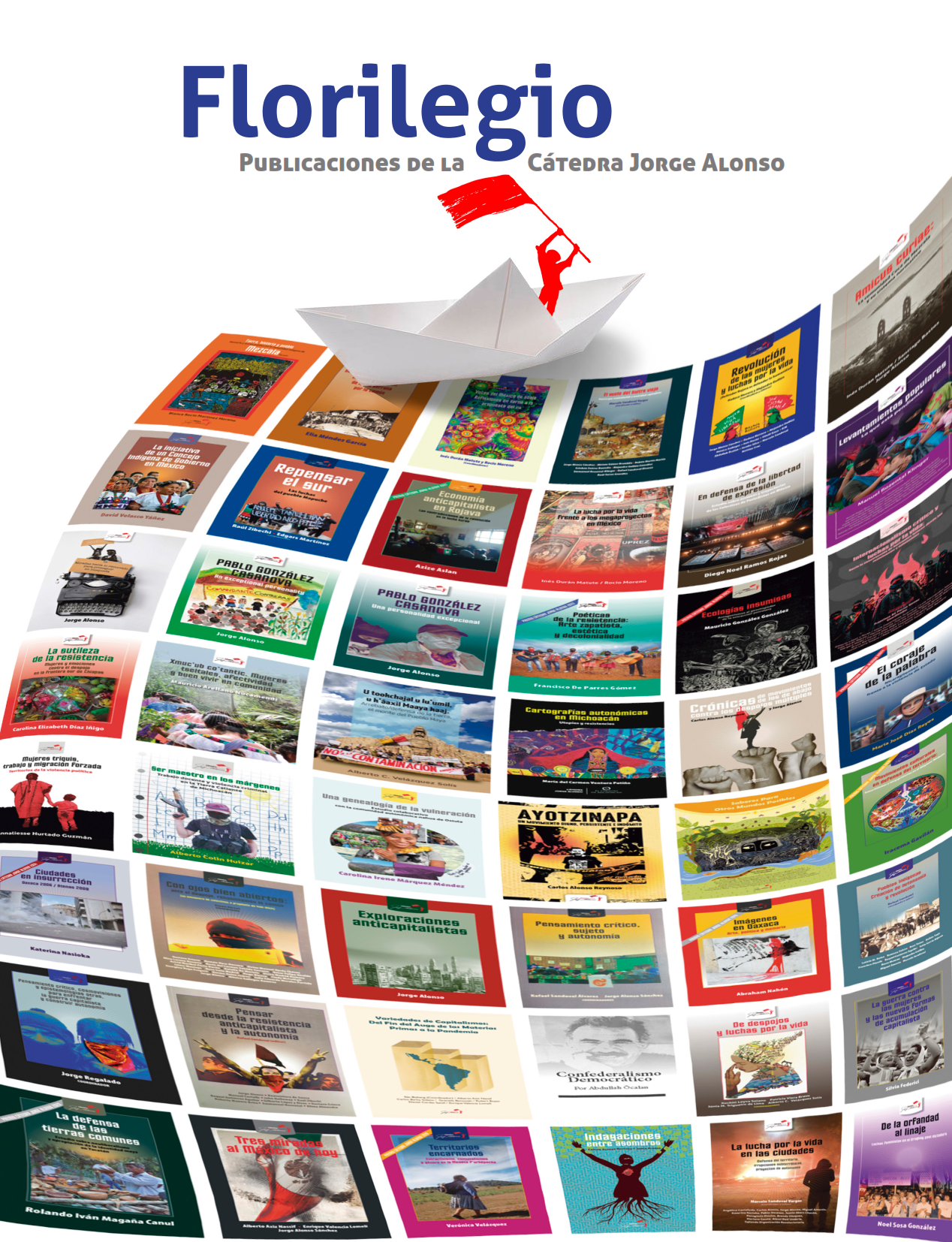Identification of non-sharia compliant activity in conventional insurance
Resumen
ABSTRACT
Insurance is a commercial institution that has the function of protecting individuals, organizations and companies against risk. This document is intended to identify non-shariah activities in specific insurance. One of the disadvantages of conventional insurance is the existence of an activity that does not comply with sharia such as Reba, Maysir and Gharar. Islamic insurance has some solutions to minimize activity that does not comply with the sharia of conventional insurance.
Citas
AHMAD, WMW (2003). “Some issues of Gharar (uncertainty) in insurance”. Jurnal Syariah, 11(1), pp. 61-80.
AHMAD, WMW (2008). “Some Issues of Gharar (Uncertainty) in Insurance”. Essential Readings in Islamic Finance.
BOCHAROV, SG (2019). “Balaklava: Introduction to the Historical Topography of 1475-1774 Ottoman Town on the Crimean Peninsula”, Stratum Plus, 6, pp. 321-328.
FAHAD, S (2005). “Takaful – Measuring Public Awareness of the Takaful Insurance in Kuwait, Servqual Model Applied to the First Takaful Company”. Maastricht School of Management (MSM), Maastricht. The Netherlands.
HASSAN, HA (2019). “Takaful models: origin, progression, and future”. Journal of Islamic Marketing.
HUSSAIN, MM & PASHA, AT (2011). “Conceptual and operational differences between general takaful and conventional insurance”. Australian Journal of Business and Management Research, 1(8), pp. 23-28.
IQBAL, M (2005). General Takaful Practice: Technical Approach to Eliminate Gharar (uncertainty), Maisir (gambling), and Riba'(usury). Gema Insani.
MA'SUM, BM (2001). Principles and Practices of Takaful and Insurance Compared. International Islamic University. Malaysia-2001.
MATSAWALI, MS, ABDULLAH, MF, YEO, CP, ABIDIN, SY, ZAINI, MM, ALI, HM ... & YAACOB, H (2012). “A study on takaful and conventional insurance preferences: The case of Brunei”. International Journal of Business and Social Science, 3(22).
MUSTAFA, A & AB RAHMAN, A (2018). “The Islamic Perspective on the Underwriting of Health Takaful Products: A Study of Selected Takaful Operators in Malaysia”. New Developments in Islamic Economics: Examples from Southeast Asia, 135.
NOORADI, M, BAGHERI NIA, H & OULIAEY, A (2017). “Are the manager's bases of power related to job satisfaction?” UCT Journal of management and Accounting Studies, 5(3), pp. 71-75.
RAHMAN, NA, OSMAN, ZA, ANI, NS & AHMAD, Z (2019). “Religious and Socioeconomic Implications of Islamic Insurance: A”. International Journal of Financial Research, 10(5).
SIDDIQI, MN (1985). Insurance is an Islamic Economy. Nairobi, Kenya: Islamic Foundation.
UDDIN, MA (2015). Principles of Islamic finance: Prohibition of riba, gharar, and maysir.
ZINNATULLINA, Z., DAVLETBAEVA, D., & MUKHAMETSHINA, R. (2019). “Literature and Cinema: Ways of Interaction in the 21ST Century”. Journal of Social Studies Education Research, 10(4), pp. 357-369.









